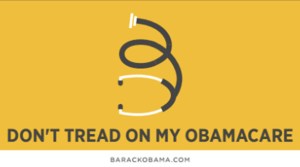So Arizona’s angry old man, Senator John McCain, is an expected “yeah” vote then? McCain’s Surgery Will Delay Senate Votes on Health Care Bill. Even though McCain is Concerned Over Medicaid Cuts In Draft Of Senate Health Care Bill? (Read his Statement).
The CBO won’t have Monday score for Senate healthcare bill, and there will not be a vote this week.
Here’s what we already know: How the Republican health-care bill could raise premiums for 177 million Americans:
 A leading business coalition has warned that employers could pick up the tab if millions of people lose their coverage under the Republican plan to repeal the Affordable Care Act.
A leading business coalition has warned that employers could pick up the tab if millions of people lose their coverage under the Republican plan to repeal the Affordable Care Act.
David Lansky, president and chief executive of the Pacific Business Group on Health, a nonprofit organization whose members include Boeing, Chevron, Hewlett-Packard Enterprise, Intel, Walmart and the Walt Disney Company, told The Washington Post that the Senate proposal to repeal the Affordable Care Act could push the costs of providing health care to uninsured people onto employers and their workers.
“There are a couple of specific reasons continuing to support an effective Medicaid program and an individual market is important, and one of those is its importance to business,” Lansky said.
Approximately 177 million Americans receive insurance through employers. Until now those plans have been largely left out of the debate over the future of the Senate health bill, which would make long-term cuts to Medicaid, the government health program for the poor, and reshape the individual market where people buy their own coverage.
But if the bill is passed and more people are uninsured, or public sector programs facing federal funding cuts decrease their reimbursements, Lansky said hospitals will simply shift those costs onto commercially insured patients — namely employers and employees.



